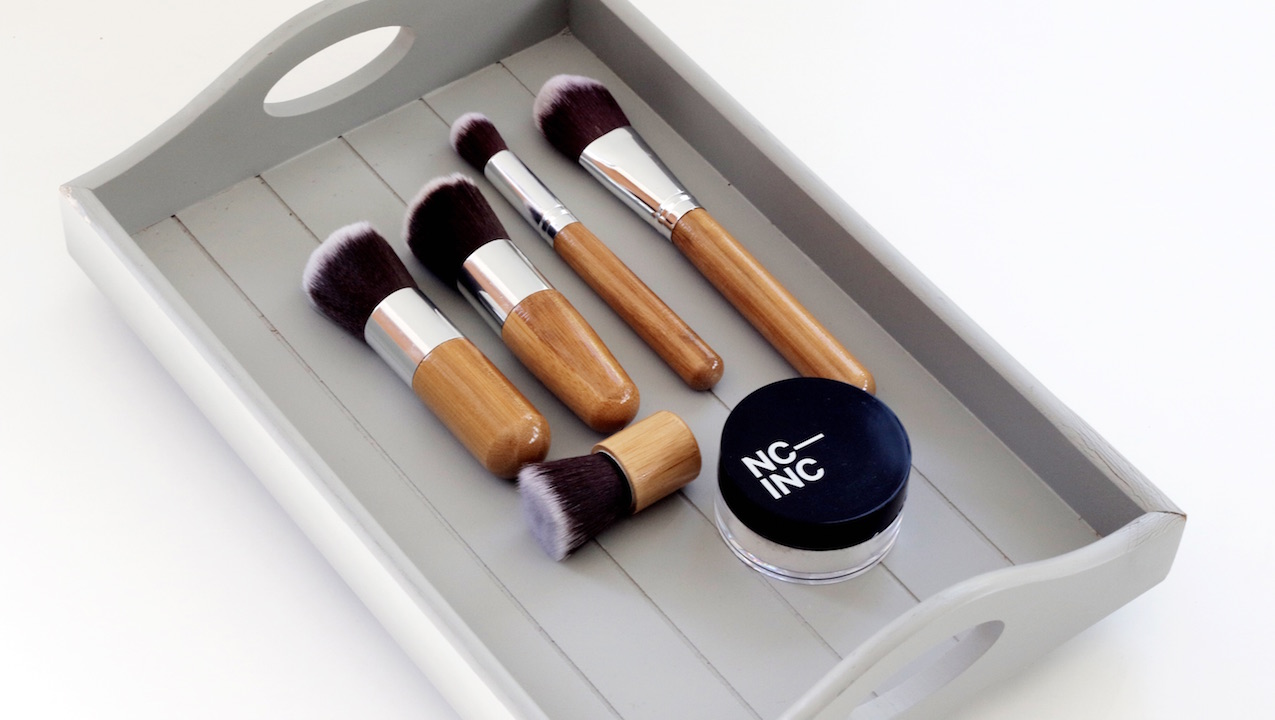
27 Oct Plastics Wannabe
I stopped immediately as they walked by, pausing mid-sentence to take it all in – the beauty, the perfectly coiffed hair, the slim figures, the flawless skin, the unique and expensive dresses accessorized with the perfect heels and equally expensive jewelry.
They oozed money, status, ease and beauty, like women I imagine shopping at Tiffany’s and having tea at the Plaza in New York.
They saw me, smiled, and waved gracefully. I wanted to talk to them, to catch up on how their families are doing, but as I glanced down at the simple, unremarkable outfit I had worn all day, I felt woefully underdressed. “Did I wear this exact same shirt last year?” I thought insecurely. We’d received the same invitation, but somehow my interpretation of appropriate attire left me feeling more than underdressed – it left me feeling inadequate, unattractive, less interesting, less valuable.
Did they mean to make me feel that way (or any other woman they encountered)? I’m certain they did not. Do they like to shop a lot more than I do? That’s obvious. Are their tastes much more refined than mine? Clearly. Do they seek to attract the attention of everyone in the room? That I can’t answer, but I know if I were in their shoes that would be the part I would love the most, if I’m honest.
On the way home, I asked my husband if he had seen them. He had not. I mentioned how beautiful and glamorous they looked. He hadn’t noticed. When a woman dresses like that, I said, she’s doing it for other women, to intimidate them and show off her beauty. Other women can’t help but compare themselves and come up short. I want to paint them like a grown up version of the Plastics from “Mean Girls.”
“I can’t blame my responses on these women or anyone else.”
But is that really true? No, I know these women and that’s not who they are, at least not intentionally. Others I can easily write off as self-absorbed and shallow, justifying my judgment of their vanity. But I can’t blame my responses on these women or anyone else. I can’t spend my time thinking about their motives. I have enough to worry about as I address my insecurities about my own body, my fashion choices, my patches of gray hair and spreading wrinkles.
Some part of me wants to be one of them. I‘ve been rereading Body Matters and also thinking about our next study, A Woman’s Words. Chapter 3 of Body Matters describes my “Diseased Vision” perfectly. I, like Eve, see something I want and I either tear it apart with my words to elevate myself or become obsessed with achieving it. Both responses are sinful; I am jealous, entitled, insecure and approval seeking. My deep brokenness in these areas is becoming more clear. I don’t truly want to be a Plastic, caring only about my external beauty, but what’s the antidote to this “diseased vision?” Where is the hope in the middle of this depressing, stark reality of who I am?
Hope is found in Jesus Christ whose death on the cross covered all of my sins, past, present and future. He took the judgment for my jealousy, entitlement and idolatry that I deserved. As I come to the Lord in humble repentance, He gives me the grace I need to turn away from sin, like judging other’s motives and not being satisfied with what God has given me, and turn towards Him instead. I ask Him, knowing He alone is able, to change my heart and my actions, and make my thoughts and my words about myself and others pleasing to Him, my Rock and my Redeemer.
In what situations do you find yourself struggling with comparison the most? Do you recognize what is going on in your heart and mind in those moments? Do you realize it is not external circumstances forcing you to compare yourself, but rather, the condition of your heart?
– Keri Geary, Downtown


